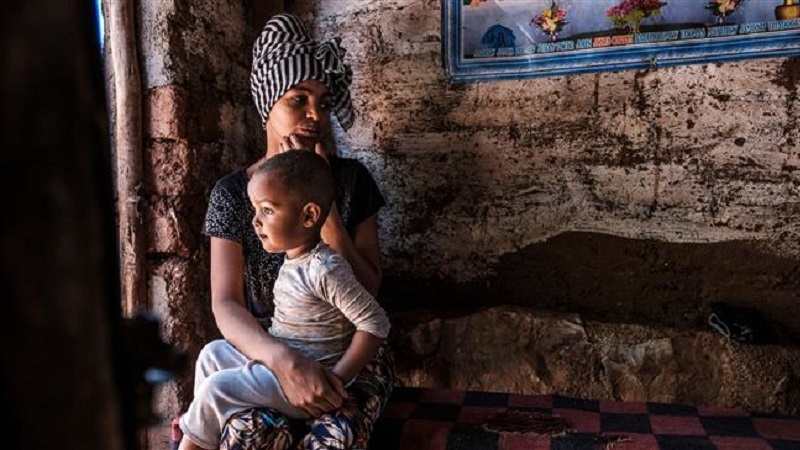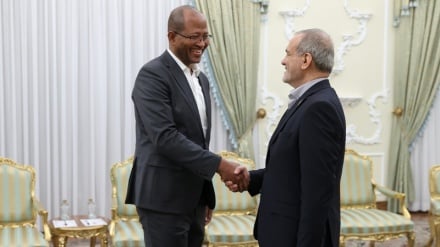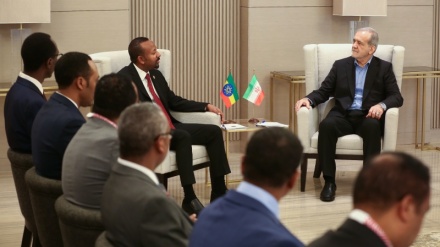20,000 Eritrean refugees missing after camps destroyed in Ethiopia: UN
The United Nations (UN) has raised the alarm about the “grave” situation of Eritrean refugees in Ethiopia, saying some 20,000 people are missing after two of their camps were destroyed in the country’s war-torn Tigray region.
Filippo Grandi, the UN’s High Commissioner for Refugees, raised the alarm on Monday after reports, accompanied by satellite images in January, showed the destruction of two refugee camps sheltering thousands of Eritreans in the region.
The refugees fled from the Hitsats and Shimelba shelters after the camps were destroyed in fighting that erupted in Tigray in November last year.
Grandi said about 3,000 people were forced to move to a camp in Mai Aini in Ethiopia, which the UN has access to, but some 20,000 others were still unaccounted for.
Many refugees “were caught in crossfire, abducted and forced to return to Eritrea under duress by Eritrean forces,” Grandi said, citing testimony presented to him at a visit to the camp while on a four-day trip for meetings with officials in Ethiopia.
The UN official called on the Ethiopian government to provide assistance and do more to protect civilians in the Tigray region from the consequences of the conflict.
“Whilst it is not in my place to make [a] more political judgment, I have a responsibility to tell the government to help minimize and eliminate the impact on civilians of this situation,” Grandi said.
The official described the situation in Tigray as “very grave and very urgent,” and said further support was necessary to prevent the situation from worsening.
“Our main priority is to gain access to deliver aid and protection,” Grandi said, adding that the biggest barriers to getting aid to those in need are the security situation and permits from the Ethiopian authorities.
The government has reportedly sealed off Tigray from media and foreign aid workers, and telecommunications in many areas are not working.
ME



